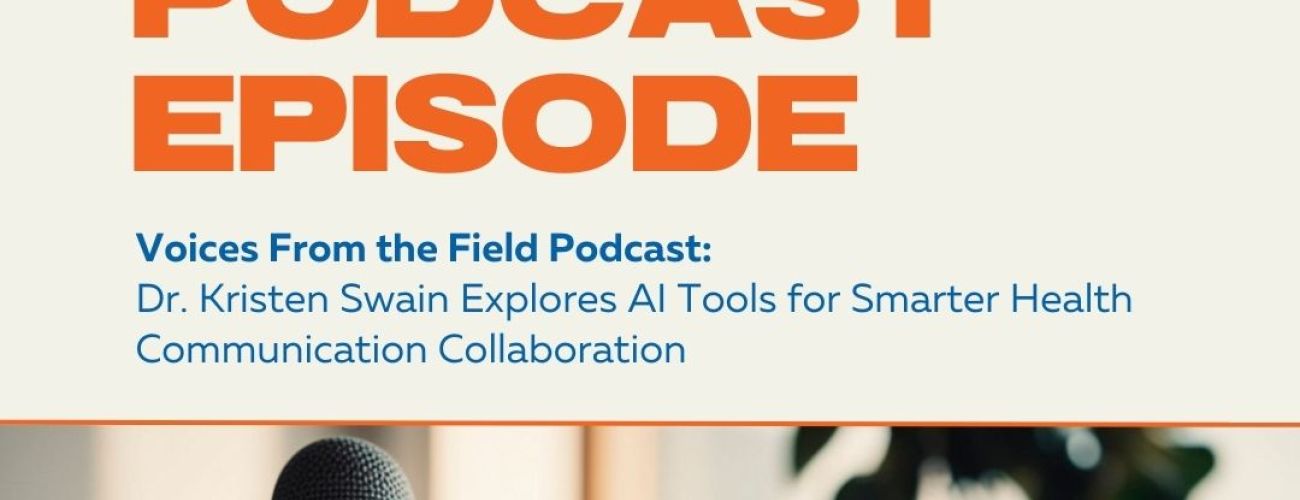Latest News Highlights
MMWR: Lessons from a Salmonella Outbreak at a County Fair
Screen Time is Increasing for People Over 60
What’s Ahead for NPHIC in 2026
NCHCMM Conference Update for Public Health Communicators
More Featured Topics

Journalism, Media, and Technology Trends and Predictions for 2026
Publishers anticipate major drops in search and social referral traffic and are pivoting toward original reporting, human-centered stories, and video and audio formats. While AI offers efficiencies in newsgathering and distribution, it also risks commoditizing general news. These trends emphasize the importance of credible voices, adaptable content, and meeting audiences where they increasingly seek information. Read more from Reuters here.
Why Declaring Racism a Public Health Emergency Matters

Individual and systemic racism affects virtually every aspect of public life. It is especially pervasive in medicine and public health. Being Black, indigenous, or a person of color (BIPOC) can be harmful to your health.
The U.S. Congress and several local and state governments have declared racism a public health crisis. While these declarations are not legally binding, they convey that racial and cultural justice is necessary to safeguard all citizens’ health. Racism at individual and societal levels negatively impacts vulnerable populations’ mental and physical health. It also prevents members of marginalized groups from receiving equitable and adequate healthcare.
Understanding why racism is a public health emergency can shed light on the health-related harms of racism and bigotry. It also stimulates efforts to remedy the injustices and improve the general health of all Americans.
Why Is Racism a Public Health Emergency?
A public health emergency occurs when the effects or consequences of a public health threat are pervasive enough to overwhelm the organizations and facilities responsible for responding to it. In most cases, policymakers and community leaders cannot legally enforce emergency declarations. Nevertheless, they serve as a call to action to review and revise current policies and practices that allow the emergency to permeate.










